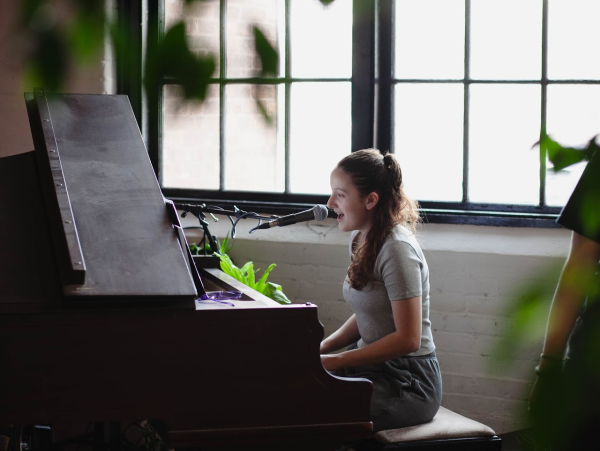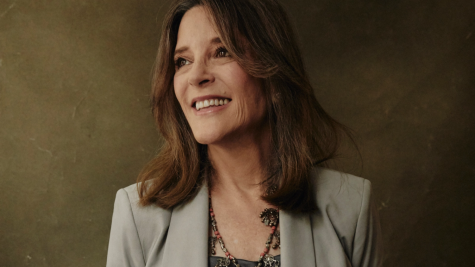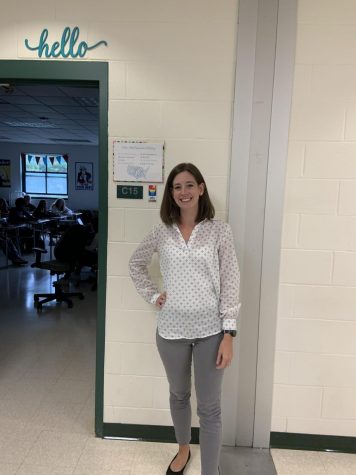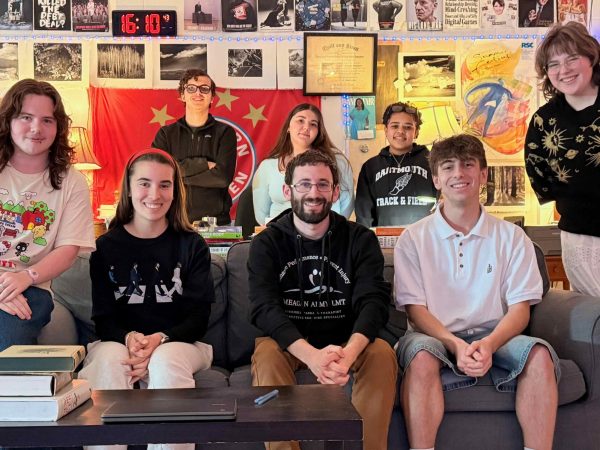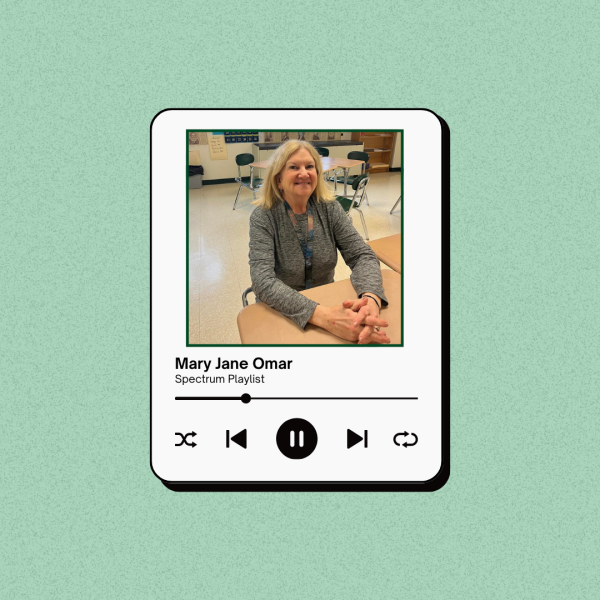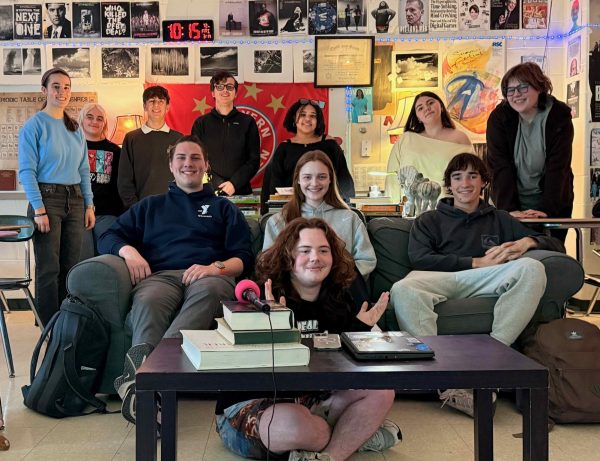Behind the scenes of the COVID-era DHS Student Council elections
Northern Essex Community College
Read about what happened behind the scenes of the recent COVID-era student council elections.
Student Council at Dartmouth High consists of four officers and a varying number of Student Council Representatives. Together, they work with administrators getting student issues into the spotlight. The team is also in charge of planning fundraising for prom, junior banquet, and homecoming for their class.
The voting process at DHS is straightforward. Each candidate running for an office or representative position needs a minimum of 25 nominations to have their name added to the ballot. If each candidate receives the allotted number of nominations, they are then added to the ballot as a contender for the given cabinet position. The ballot then goes out to the students of each grade as a Google Form in which students cast their votes for president, vice president, secretary, and treasurer. The Student Council Representative position allows more than one student to run for the position. The junior class even has 11 representatives.
Class officer incumbents tend to win re-election. This year, however, sophomore Brontё Massucco won the election vs. former Vice President Aiden Melo. Her win placed her among Sophomore President Sean Martin, Secretary Julia Faris, and Treasure Nina Cunha, giving the Class of 2023 a majority female office. Females in officer positions, however, aren’t as rare as they seem. The Class of 2024 elected Grace Haskell, Ava Costa, Brooke Davis, and Kayla MaGee into positions. Juniors and seniors took after the sophomore class with a male president and other female officers still holding positions after their re-elections.
The upperclassmen are familiar with the voting system that was implemented prior to COVID-19. Senior Vice President Mia Clark found that “probably the best way of doing” the posters and speeches was online this year. There was a possibility that online posters and speeches hurt the officers’ chances of winning without the face to face interaction that in person speeches could offer. However, Clark noted that online “didn’t really affect the outcome for [12th] grade,” since the majority of officers were running unopposed.
The online election ballots, however, are not new to the election process. Junior Secretary Molly Rioux mentioned in a statement that the Google Form provided an “easy organization and instant results” once the form was closed. The 11th grade officers have a few milestones of their own. This election all were running unopposed.
But who is the man behind the curtain? Well, the correct term would be woman. History teacher Caitlin McCarron-Deely, political enthusiast and track coach, as well as the student council advisor. The logistics, forms, and campaigns all went through her hands before being sent out to the student voters. Ms. McCarron mentions how she is “super new to Student Council,” this being only her second year as an advisor.
Ms. McCarron wasn’t able to put all the virtual speeches and posters together alone. TV Lab teacher Rob Perotti put all of the videos together for the embedded email that was sent out to every grade.
The process of downloading the videos was a long one. “Mr. Perotti was awesome,” said Ms. McCarron. “He wasn’t able to put all of those [videos] together in a single day, so that obviously was another time factor.”
The embedded email kept all of the school candidates in one organized place for easy access. According to Ms. McCarron, significant campaigns were Maeve Craggis that “made her laugh the entire time” and Brooke Davis’s that she found was “very well thought out.”
Keeping a sense of normalcy this year in particular has been harder than ever, with COVID-19 leaving turmoil in its wake. The DHS election was no different. Congratulations to the 2020-2021 office holders. The rest of DHS awaits the plans you have in store.


